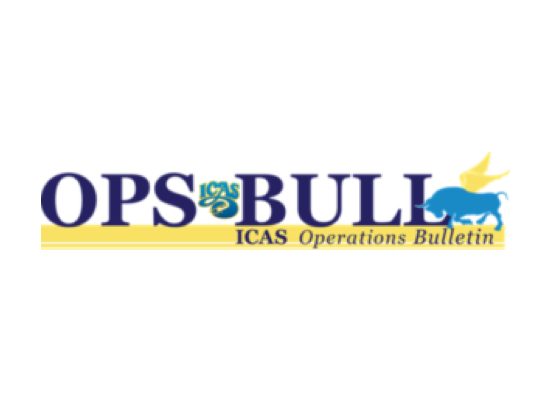Since ICAS began its initiative to change the culture of air show safety in 2007, there has been frequent dialogue within the air show community. It is an easy assumption to say that increased dialogue raises awareness of safety issues, which in turn, creates a more safe culture. These dialogues take place over a wide range of topics from the latent conditions that cause accidents to the specific mechanical failures of particular aircraft components to flying for the crowd and not for yourself. More recently, an interesting conversation that has been occurring in the safety community is the idea of risk management.
Historically, the air show industry has promoted safety almost continuously. With the founding of ICAS in 1968, the safety message has been communicated more frequently. And, since ICAS first launched its initiative to change the culture of air show safety, that dialogue has become even more frequent and focused. During that time, our collective understanding of “safety” has changed and evolved. Generally speaking, zero fatal accidents at an air show would constitutes a “safe” year, whereas several accidents would mean that the industry was not as “safe” as it could be. From this perspective, safety would be defined as error avoidance. Safety has sometimes been confused with the absence of danger or risk. As the dialogue on safety has become more detailed, our definitions of safety-related terms have gradually become more precise. And the air show community’s understanding of safety has come to include more extensive and informed discussions on hazard identification and risk management.
We are now replacing the “fly-crash-fix-fly” model of safety with a new focus on organizational issues identified to all participants through hazard identification. These hazards are continually monitored and lessened by implementing a risk management system. As our safety culture continues to mature, it is clear that the next big step we take is from a reactive safety management approach to a proactive risk management. And, as that culture changes, so too must our vocabulary for explaining and discussing what we mean by “safe.” Food for thought.








